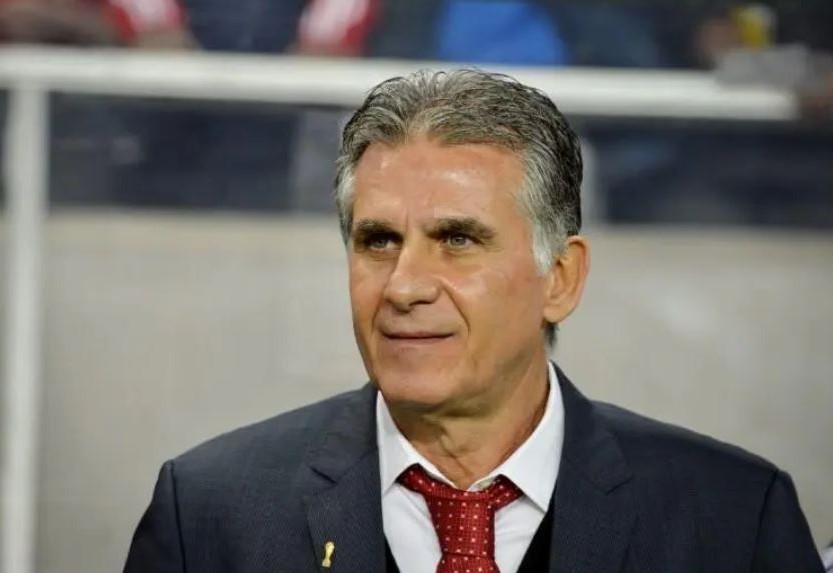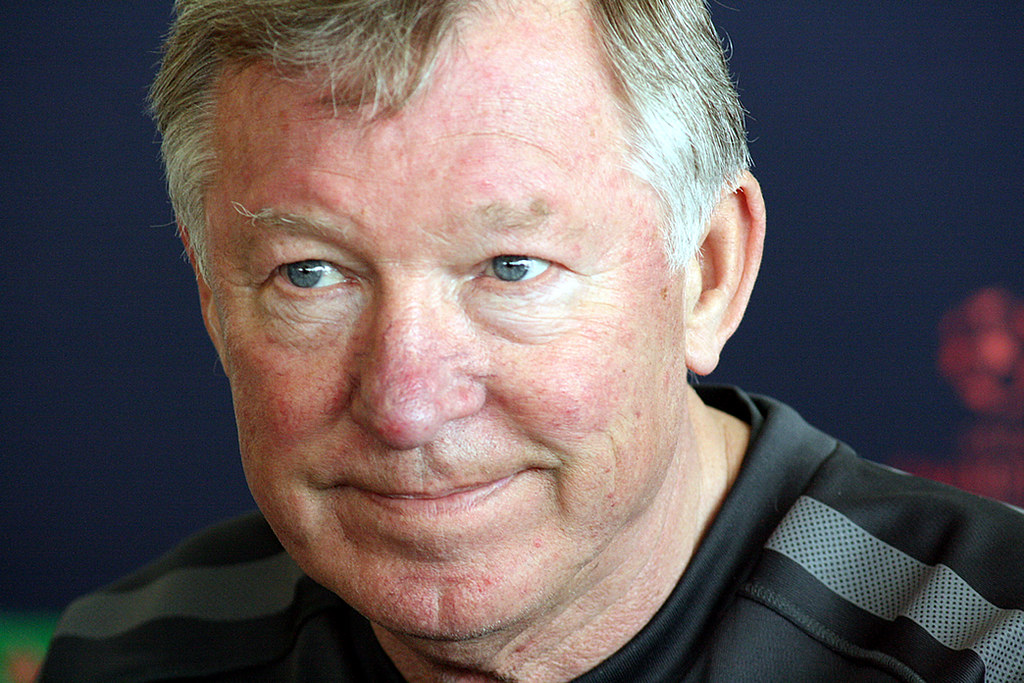The Surprising Name That Sir Alex Ferguson Regarded As His Natural Successor As United Manager

When Sir Alex Ferguson retired as manager of Manchester United in 2013, after 26 years in charge, we all know that David Moyes was the ‘chosen one’ to take over.
Sir Alex himself delivered the news to Moyes about his impending retirement, and told him that he’d be the next manager of United.
Moyes lasted just 10 months in the job, before being sacked after United’s worst season in the Premier League era.
However, things could have been very different.
There was a different man initially considered for the job, with Ferguson considering him to be his natural successor.
That man was Ferguson’s long-time assistant manager, Carlos Queiroz.

Although he was highly-regarded as an assistant manager, it’s surprising that he was a strong contender for the Old Trafford hot seat.
Queiroz had little experience as a club manager.
He briefly left his role as Sir Alex’s assistant to manage Real Madrid for the 2003/04 season, but was sacked after one season, because he failed to deliver a major trophy.
It was the first time in five seasons that Madrid hadn’t won a major honour.
Carlos returned to United as assistant manager, following his dismissal from Madrid, until 2008 when he became the manager of the Portugal national team.
It was around that time that both Sir Alex and David Gill, who was United Chief Executive at the time, tried to keep Queiroz at the club by offering him the opportunity to succeed Sir Alex as the manager, when the time came.
Queiroz decided to decline the offer, because he wanted to pursue the opportunity to manage Portugal at the 2010 World Cup in South Africa, and United moved on.
Carlos Queiroz Publicly Claimed He Was Offered The Job
Back in 2013, following Sir Alex’s retirement, Carlos Queiroz told Portuguese publication Record that he was first pick, and was asked to be Sir Alex’s successor as United manager.
“I declined the opportunity to succeed Ferguson.
“When I left that time (to manage the Portuguese national team in 2008) I declined the Manchester United opportunity to succeed Sir Alex Ferguson.
“I’ll never regret that decision. And I can explain to you that the reasons twofold. One, because I could go to the first World Cup held in Africa, moreover near the place where I was born and manage the squad of my country.
“Another, because after almost 16 years out of Portugal, this was the opportunity to be back closer to my family and friends.”
By the time that Ferguson had retired, and United had appointed David Moyes, Carlos Queiroz was the manager of the Iran national team, and he stayed in that role until 2019.
Sir Alex Ferguson’s Endorsement

In his 2013 autobiography, Sir Alex was complimentary about Queiroz, and his credentials.
He said:
“Carlos Queiroz was brilliant. Just brilliant. Outstanding. An intelligent, meticulous man. He was the closest you could be to being the Manchester United manager without actually holding the title. He took responsibility for a lot of issues he didn’t have to get involved with.
“He had most of the qualities to be the Manchester United manager. He could be an emotional man. But of all the ones who worked alongside me, he was the best, no doubt about that. He was totally straight. He was good for me. He was a Rottweiler. He’d stride into my office and tell me we needed to get something done.”
Back when Queiroz was being lined up as the future successor in 2008, it was reportedly with Sir Alex’s blessing.
David Gill’s Endorsement
In 2008, United’s Chief Executive, David Gill, publicly confirmed that Queiroz was a strong contender to replace Sir Alex, when the time came.
He said:
“We are making sure our squad is continually reviewed and improved as necessary and the age of the squad is right so that, when Alex does decide to retire, anyone taking over has a fantastic squad with the right age profile.
“We also have an assistant manager who will be very much in the frame in Carlos Queiroz. He’s clearly a key part of our success. If you look at what Liverpool achieved in their very successful years during the ’70s and ’80s [that] was through internal appointments. Carlos is a key factor in all the success we’ve achieved over the last couple of seasons.”
